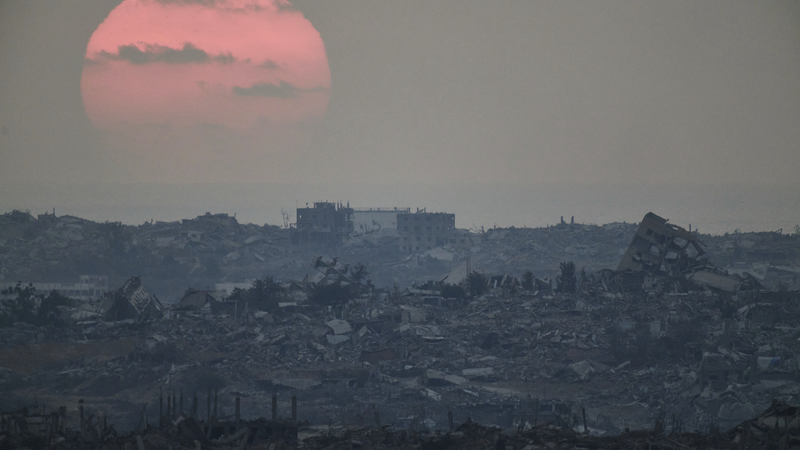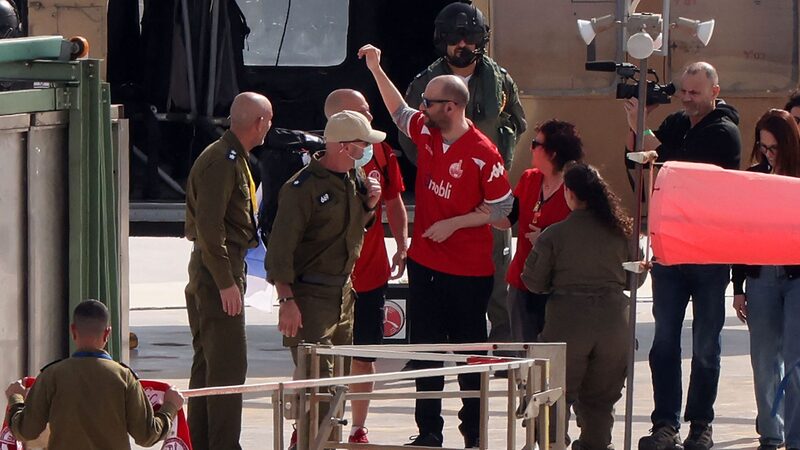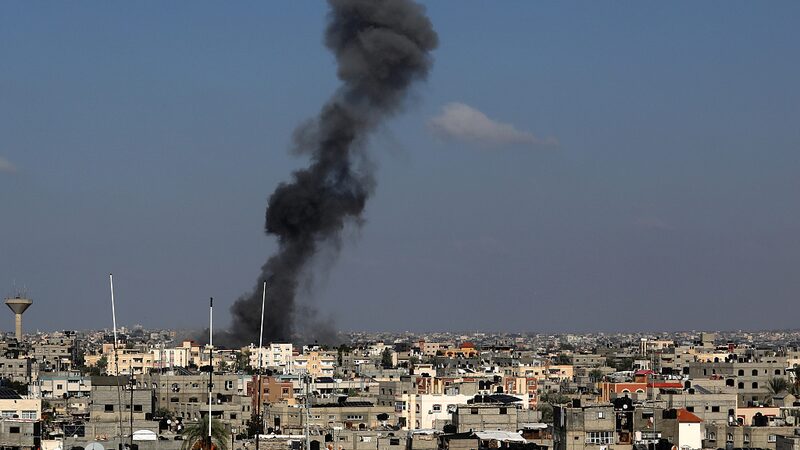Israeli Prime Minister Benjamin Netanyahu's revised plan to "defeat Hamas," approved by the security cabinet on August 8, marks a tactical retreat from earlier pledges to occupy the entire Gaza Strip. Instead, the strategy focuses on seizing control of Gaza City while providing humanitarian aid to civilians outside conflict zones. Analysts suggest this pivot reflects battlefield challenges, domestic political tensions, and mounting international pressure over civilian casualties.
The five-point plan prioritizes disarming Hamas, securing hostage releases, demilitarizing Gaza, maintaining Israeli security oversight, and establishing an undefined "alternative civilian administration." However, the absence of a clear governance roadmap has drawn sharp criticism. Hamas condemned the proposal as prioritizing Netanyahu's political survival over the lives of 50 remaining hostages, while Arab states rejected the idea of unspecified "Arab forces" managing post-conflict security.
Humanitarian conditions continue deteriorating, with Gaza's Health Ministry reporting over 61,000 Palestinian deaths and 90% displacement among the enclave's 2.1 million residents. UN officials warn of famine-like conditions as food distribution networks collapse.
International reactions highlight growing isolation for Israel. Germany suspended arms exports, citing disproportionate civilian impacts, while UK Prime Minister Keir Starmer called the plan "wrong" and counterproductive. Even the U.S. struck a cautious tone, with former President Donald Trump acknowledging Gaza's crisis without endorsing Palestinian statehood.
As regional powers like Jordan and Saudi Arabia demand Palestinian-led governance solutions, Netanyahu's strategy appears increasingly disconnected from both ground realities and diplomatic consensus – raising questions about its viability as a path to lasting stability.
Reference(s):
cgtn.com








